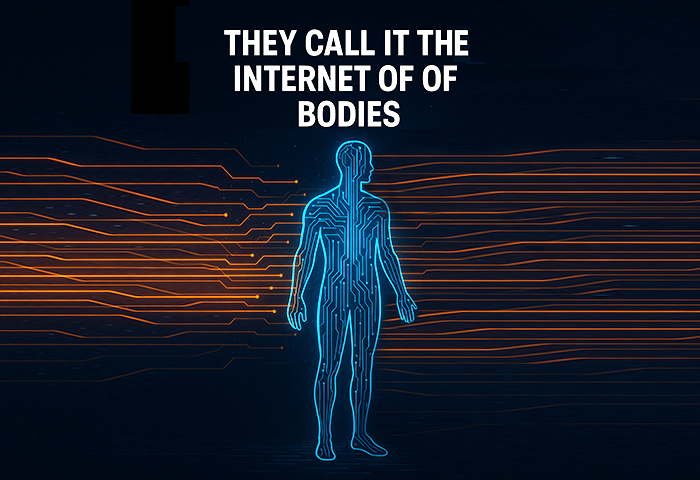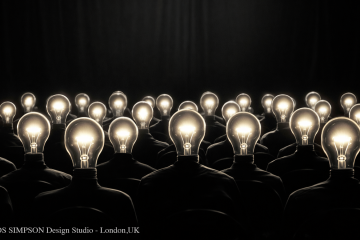Thank you for reading this post; don't forget to subscribe!
Discover the Internet of Bodies how wearables, implants, and brain tech are turning human biology into data, and why privacy and freedom are at stake.
Introduction
We used to worry about whether our phones were listening in. Now the real question is whether our bodies are next.
They call it the Internet of Bodies (IoB). Not science fiction, not conspiracy theory but a term used by the World Economic Forum, RAND Corporation, biotech firms, and defense agencies.
What Is the Internet of Bodies?
The first internet connected computers. The second connected devices smartphones, cars, fridges. The third connects us.
Smartwatches and fitness trackers monitor heart rate and sleep.
Pacemakers and insulin pumps transmit wireless data.
Digital pills signal when swallowed.
Biometric tattoos that track vital signs.
Brain–computer interfaces (like Neuralink) link neural signals to machines.
Together, they form a network where human biology streams into digital systems.
The Promise
Advocates say the IoB could revolutionize medicine:
Predictive health: detecting illness before symptoms appear.
Preventative care: adjust treatment in real time.
Precision medicine: tailoring solutions to individual biology.
The World Economic Forum describes it as a pathway to reducing suffering and increasing efficiency in healthcare.
The Risks
But digitized biology comes with profound risks:
- Hackable bodies: Implants and pacemakers vulnerable to attack.
- Mind as data: Brain-computer interfaces open unprecedented surveillance.
- Data exploitation: Employers, insurers, or governments could pressure adoption.
RAND warned in 2020 that the IoB could create “unprecedented risks to security and privacy.”
The Ownership Question
Once your biology becomes data, who owns it?
- Can companies sell or profile your heartbeat, hormones, or neural signals?
- Will consent be meaningful or coerced by employers, insurers, or governments?
- Does this reshape human autonomy at its most fundamental level?
The IoB is not just a technological question, it’s a political and ethical one.
What Needs to Happen
To safeguard human dignity and freedom, we must demand governance:
- Protect biological data as a special category beyond consumer data laws.
- Require clear, revocable consent for every device and use.
- Build security into the design encryption, authentication, and physical overrides.
- Ban coercion by employers or insurers.
- Push for international cooperation to prevent exploitation across borders.
The Human Question
Technology is never neutral. It can extend life or erode autonomy. The Internet of Bodies could heal or it could control.
If the phrase makes you uneasy, that’s your instinct for freedom of speach. Bodies should not become platforms for unchecked industrial or state power.
They call it the Internet of Bodies. It’s already here. The real question is: who do you want logging in?
References
- RAND Corporation. (2020). The Internet of Bodies: Opportunities, Risks, and Governance.
- World Economic Forum. (2020). Shaping the Future of the Internet of Bodies.
- FDA. (2017). FDA approves pill with sensor that digitally tracks ingestion.
- Congressional Research Service. (2022). Neurotechnology: Overview and Emerging Issues. Read more
- Nature News. (2023). Neuralink begins recruitment for first human trials. Read more
✉️ If you found this article thought-provoking, join me on Substack for more deep dives into design, technology, and the future of society.
The article is also available on medium
Where to Find Him:
- LinkedIn: @carlossimpson
- Website: carlosimpson.co.uk
- X (Twitter): @carlosimpson
- Instagram: carlos.simpson.art
- Facebook: Carlos.Simpson.Author






